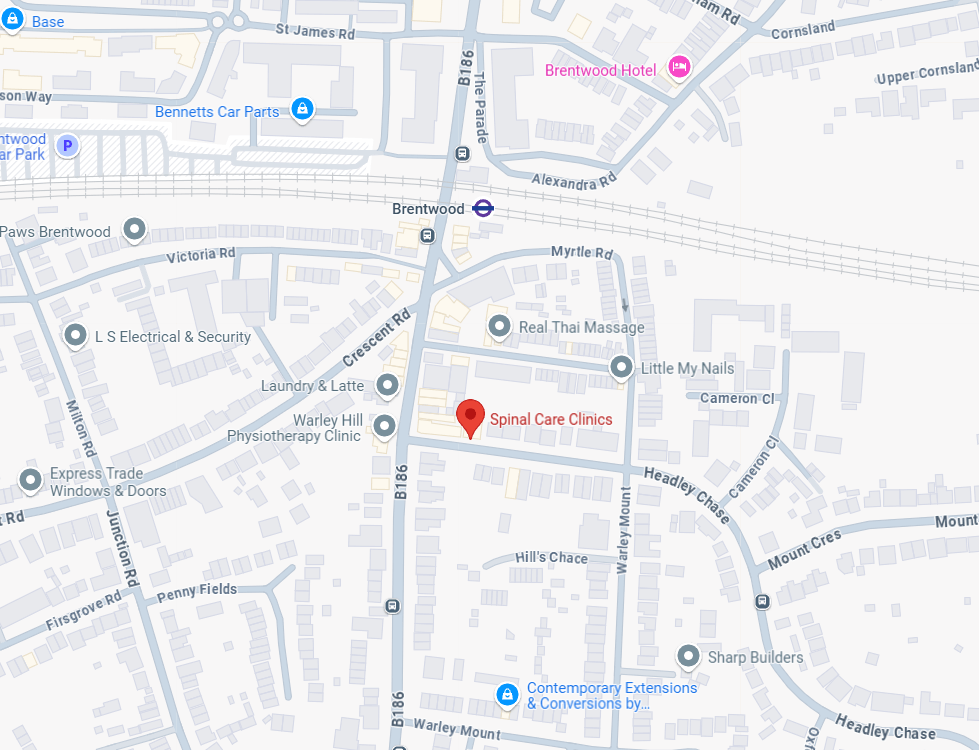
Headaches are time thieves. While everyone is out having fun, you might be inside with the blinds closed feeling like World War III is being waged in your brain. Do you find yourself pill-popping to manage frequent or chronic headaches? Then it’s time to surrender, raise the white flag and accept that there has to be another solution out there.
The painkiller crisis
If you’ve recently followed the news you’ll know that we are officially in an opioid epidemic, quickly catching up with North America. This stems from misleading information released by various pharmaceutical companies in the 90s, who claimed that prescribed opioids weren’t addictive. Now, almost 30 years later we’re paying the price. The many deaths due to overdose have proved that these little over-prescribed pills are in fact very addictive.
If you’re battling with a headache you will probably reach out for an over-the-counter (OTC) painkiller such as paracetamol, aspirin or ibuprofen. These are great in one-off situations or short-term treatment as they relieve both pain and inflammation. However, long-term use of OTC painkillers does come with certain risks such as stomach upset, gastric ulcers, renal malfunction, liver problems and increased chance of bleeding. While these physical risks are rare, we have two bigger worries at Spinal Care Clinics.

1. Getting to the root of the problem
We come prepared for everything these days! Most people carry an almost complete first aid kit in their bag next to their wallet and keys. We’re so quick to reach for a remedy that we’re missing the bigger picture. Painkillers don’t solve underlying issues; they only dampen the symptoms. Like a plaster that will only stay on until you wash your hands, the effects of painkillers are temporary when treating long term, chronic conditions. They may reduce inflammation and take away the pain but for the real answer you’ll need to delve a little deeper: ‘why is there pain and inflammation in my body?’ These are warning signals that we shouldn’t cover-up.
2. Immunity
If you’re in the habit of taking OTC painkillers for frequent headaches, your body will naturally become used to them, reducing their effect. In a way you’re just buying yourself time. Sooner or later you may need painkillers again and they may be ineffective. This is a vicious cycle we want to avoid at all costs.
Enough doom and gloom, what’s the solution?

There is no single type of headache. You may suffer from tension, cluster, sinus headaches or migraines, but most headaches don’t fit into a neat table. As we mentioned in our last blog, there are many common triggers, such as dehydration and stress but the main take-home message here is that headaches can be caused by pretty much anything. Unfortunately, modern medicine tends to treat various body parts in isolation and many don’t realise that headaches often result from an underlying condition. Chiropractors are masters in unravelling musculoskeletal issues, which may be affecting the body as a whole.
Your nervous system is a complicated network of interconnected signalling pathways. These routes relay messages from anywhere in your body to your brain and vice versa. It’s a little like a labyrinth: the main entrance will branch out into many complicated passages and the end point can be very far from the start. When vertebrae shift even slightly out of place, nerves may become compressed and muscles usually respond with tension and inflammation. Without proper alignment and flow, your immune system may be compromised, and your mind cannot function at its highest peak. The goal of chiropractic adjustments is to realign the spine and remove any interference to the nervous system. This way messages can relay normally and your overall health is restored.
Chiropractic care

At Spinal Care Clinics in Brentwood, we tackle various forms of pain daily and we are working hard to combat this opioid and painkiller epidemic. Although pain is very personal, long lasting treatment is always the same and it’s all about piecing the puzzle together and treating your body in a holistic way.

